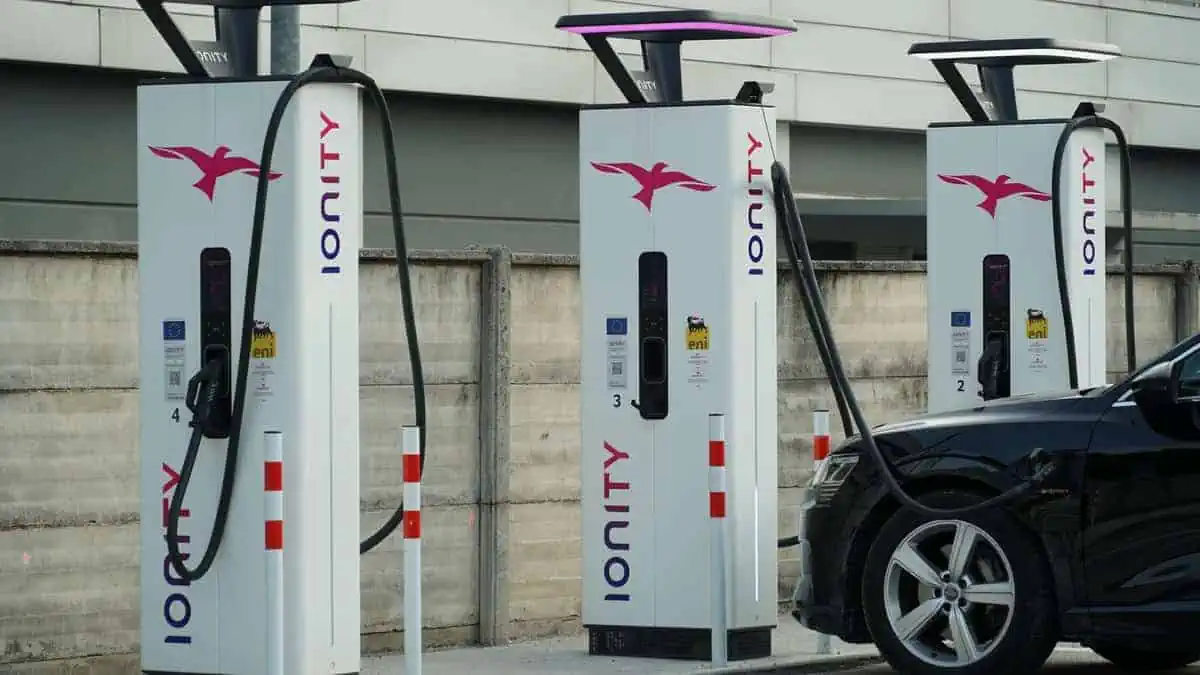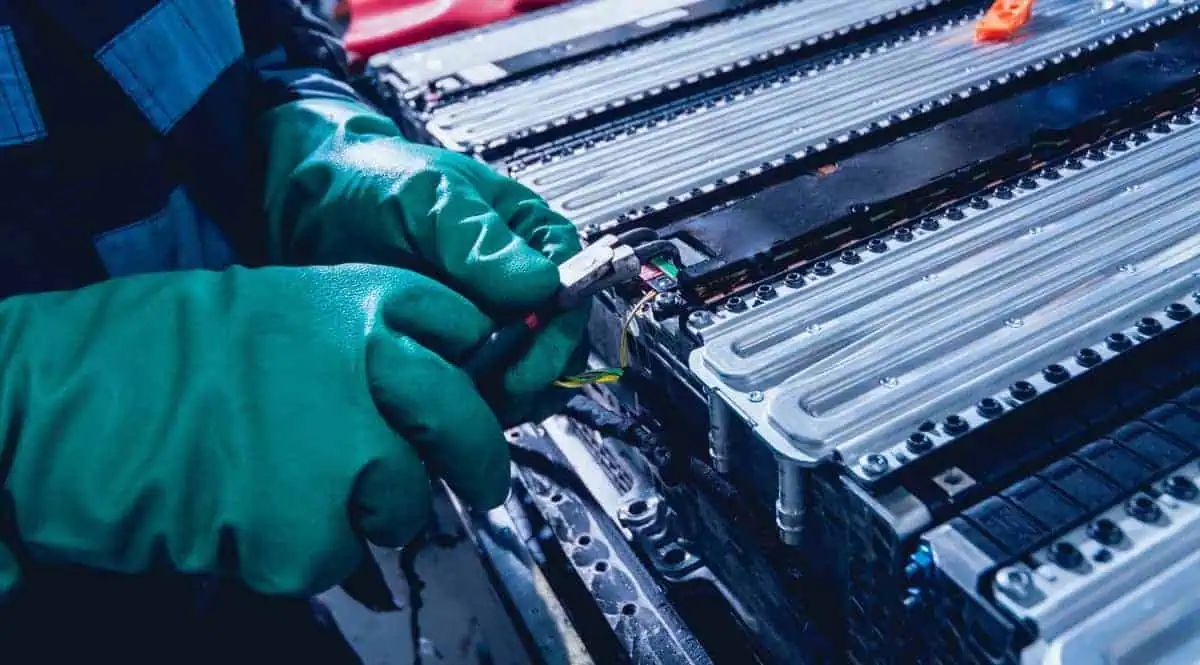The European Union has launched a new €3 billion worth of subsidies for battery companies as it aims to challenge China’s dominance in the electric vehicle industry.
“By providing legal certainty on the applicable rules and unprecedented financial support to European producers of sustainable batteries, we will bolster the competitive edge of our industry, with a strong value chain for batteries and electric vehicles.”
Maroš Šefčovič, Commission Vice President
Announcement details
Financial Times reported the European Commission’s subsidy proposal yesterday, December 6. It is apparently a crucial part of a potential agreement with the UK government to delay the Brexit tariffs on electric vehicle imports between the two countries from January 1.
The EU aims to allocate the announced €3 billion subsidies from the Innovation Fund as it collects money from carbon emission permit sales.
The subsidies will last until the end of 2026, with a major focus on the most sustainable electric vehicle batteries.
Extension agreement on Brexit tariffs
According to Forbes, the European Commission and the UK government agreed to extend the “rules of origin” for electric vehicle batteries for three years under the post-Brexit trade deal.
The agreement is set to reach the EU Council of Ministers’ tables next week for formal approval.
However, the EU is seeking an agreement with the UK to exclude any further extensions in the next three years.
“The problem we face right now is that we don’t have enough batteries or we don’t have enough chemicals. We want these batteries to be built in Europe or in the UK. But we’re not there yet.”
EU official
Why is it important?
Britain’s Society of Motor Manufacturers and Traders (SMMT) warned that if the two governments failed to reach an agreement, the 10% Brexit tariffs would have cost UK customers an additional £3,400 ($4,300) per European-made electric car on average.
Meanwhile, EU customers would face an average increase of £3,600 per electric vehicle imported from the UK.
In effect, Chinese players would gain a significant edge with an estimated 30% price advantage.
That said, the European Automobile Manufacturers Association (ACEA) encouraged the EU Council of Ministers to sign the proposed three-year extension deal by highlighting its implications for the entire European industry.
“This is vital to ensure the well-being of not only EU BEV manufacturing but also of the whole European battery value chain. Failure to approve the proposal would result in reduced competitiveness of our exports. It would also have a negative knock-on impact on demand for European batteries and battery materials, based on lost BEV market share to third-country competitors.”
ACEA Director General Sigrid de Vries
The three-year extension for the “battery of origin” principle for electric vehicles is a significant win for European electric automakers. It will avoid a tariff cliff-edge, allowing the two countries to trade BEVs without penalty. In addition, the €3 billion in subsidies will also significantly boost the EU’s growing electric vehicle industry and secure its competence against Chinese companies.






